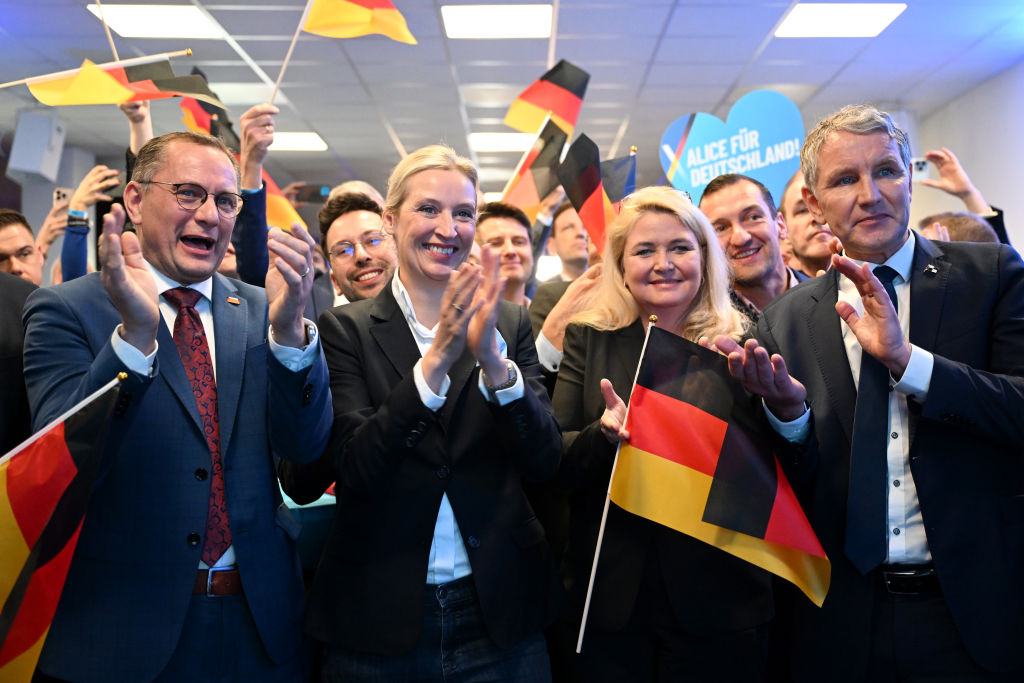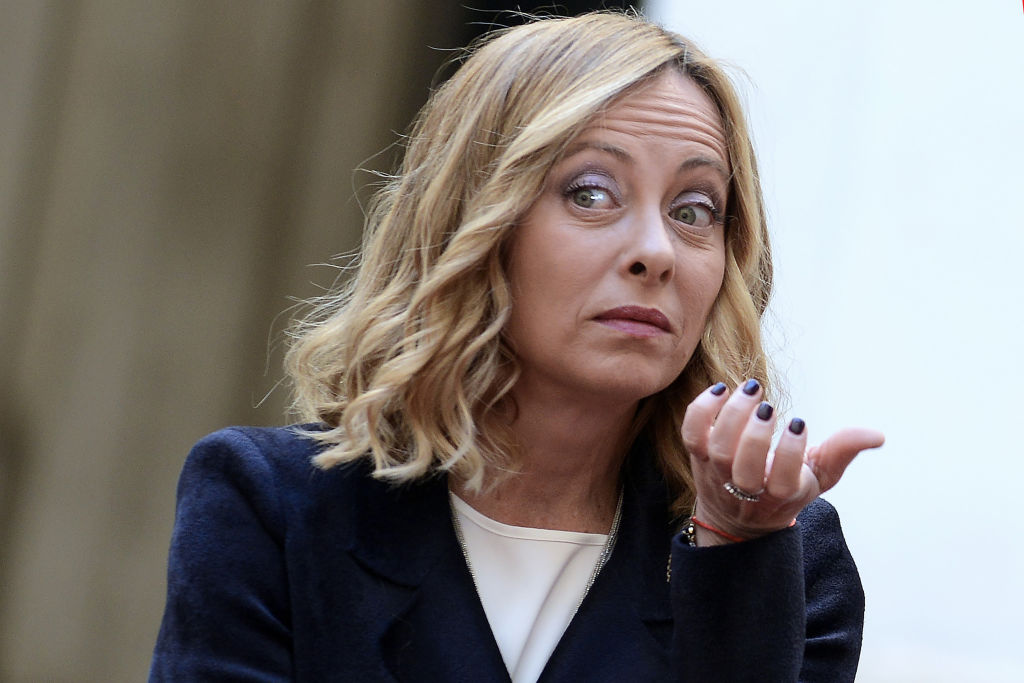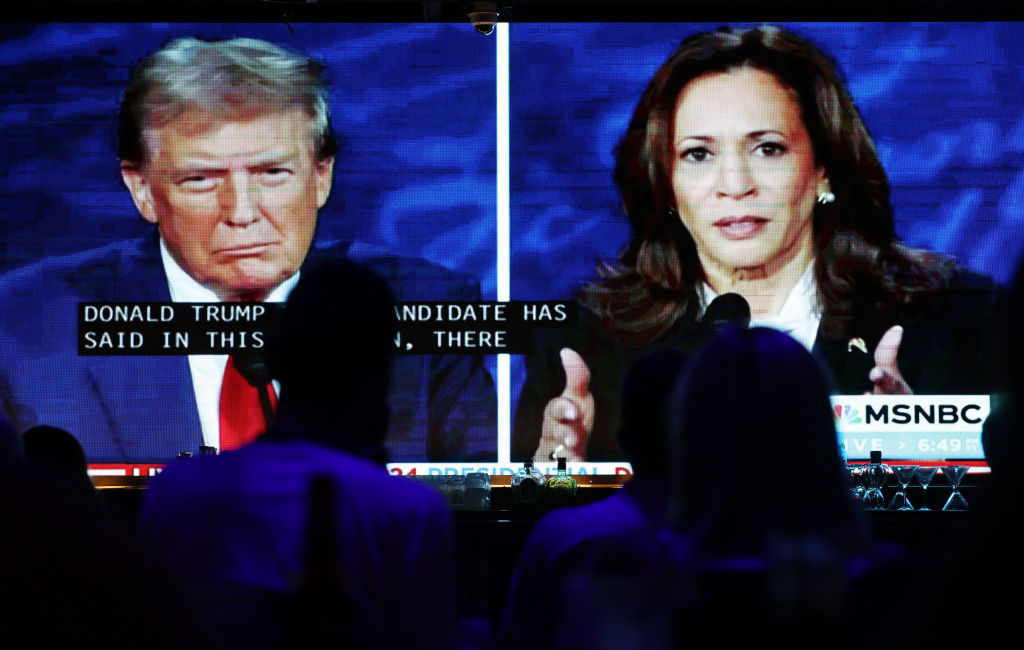Official Europe is anxious and apprehensive about Friday’s summit in Alaska between Vladimir Putin and Donald Trump. Perhaps their worst fears will finally be realised, and Trump will force Volodymyr Zelensky to sign a deal that imperils Ukraine’s existence.
But perhaps not. It’s worth recalling that this is not the first time that Trump brokered an unprecedented summit with the world expecting him get suckered by or sign a bad deal with a tyrant.
That summit – with North Korean dictator Kim Jong Un in Hanoi in 2019 – did not turn out the way the global elites expected.
Kim did offer Trump a bad deal, purportedly promising to only stop some of the nation’s nuclear programme in exchange for America lifting its crushing economic sanctions. That’s the deal most elites thought Trump would take in his pursuit of plaudits and a Nobel Peace Prize.
Trump instead shocked everyone, including Kim, by leaving the summit early. In diplomatic terms, this was a stunning humiliation for Kim.
The reason why was simple. Trump knew this was a bad deal and a day of trying to talk Kim into a better deal was going nowhere. The lifelong dealmaker knew that his time was being wasted and that humiliation might be what Kim needed to wise up.
Six years on, there’s still no deal in the cards with North Korea. Trump may be vain and mercurial, but he knows what he wants and doesn’t submit when he doesn’t get it.
The question for Europe and Ukraine, then, is what does Trump want from Russia? Does he simply want the illusion of peace, the better to pursue domestic politics and feed his considerable ego?
That’s what the elites thought in 2019, and he proved them wrong. There are plenty of clues that suggest they might be wrong again.
Trump talks about an end to the war, not a limited ceasefire. A genuine end to the war would leave Putin without his major objective, forcing Ukraine into the Russian orbit. If Trump is serious about ending the war now, then Putin will either have to give up his long-held ambition or find another way to achieve it.
That option is something Kremlin officials have long hinted at. They have stated they want to limit the size of any post-peace Ukrainian military and limit its ability to acquire more Western arms. They also want Ukraine to state neutrality between NATO and Russia and not join any mutual defence pacts with other nations.
These terms would make Ukraine a sitting duck for a future Russian invasion.
These terms are even more crucial for Ukraine’s future than the more publicised question of territorial cessions. Ukraine can survive if it is forced to give up land in its east so long as it can build a capable Western-style defence force to protect the rest of the country. It cannot survive if it is unable to do that.
Trump has never endorsed these goals, nor has he implied he thinks they are reasonable. He’s avoided directly rejecting them publicly, but all the signals from Washington so far indicate that a post-war Ukraine would be genuinely independent – and that means the ability to defend itself.
That sentiment was behind the early push for European peacekeepers to be stationed between Russian and Ukrainian troops. There would be no reason to suggest that if Trump intended for Ukraine to be neutered going forward.
Nor do Trump’s economic interests tilt toward agreeing to the demilitarization of Ukraine. His vaunted minerals deal with Ukraine would vanish in an instant if Ukraine was essentially a vassal to Russia.
Europeans may scoff at Trump’s openly mercantile interests, but they would be wiser to play on them in this instant. A grateful Ukraine would be happy to repay America for the aid that saved it through this deal. A Putin-dominated Ukraine would likely use the deal as a bargaining chip, stalling its implementation to procure American concessions elsewhere.
No one can know in advance what Trump is prepared to give away in any peace deal. His pattern, however, is to never agree to any deal that does not give him his bottom line.
And so far, the indications are that a free and economically vibrant Ukraine that pays America back is an essential part of that.
People around the world have been underestimating Trump since he entered politics a decade ago. This week’s summit could turn out as badly as many think, or it could be just the latest example of a world that still doesn’t understand who Trump is.





If Europeans are shocked by Trump’s move on Ukraine, they do not understand the man